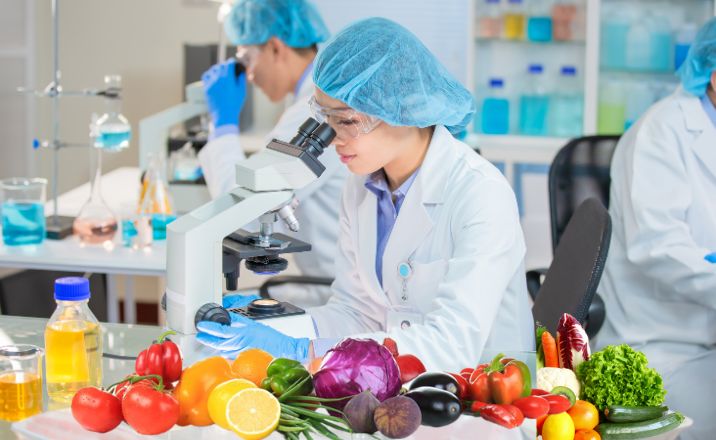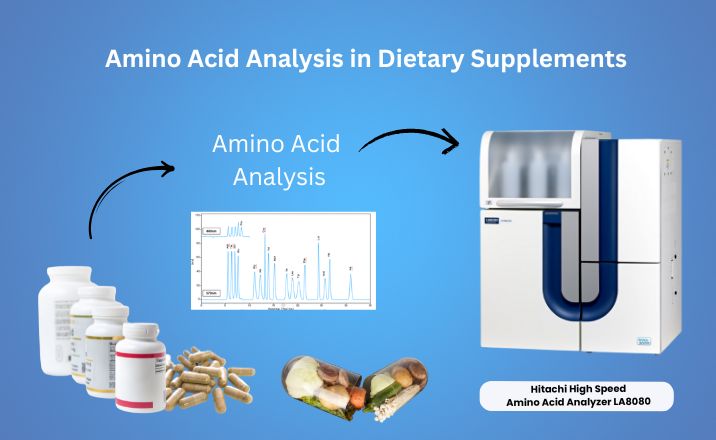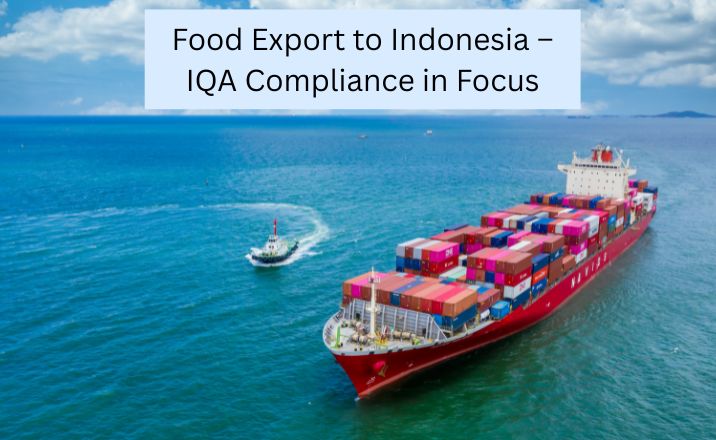Organic Food Testing in India: The Key to Authentic and Safe Organic Food Products

Introduction
Organic agriculture has emerged as a transformative force in India’s food industry, driven by a growing preference for chemical-free, sustainable, and environmentally friendly products. Consumers today are more conscious than ever about the food they eat, demanding greater transparency and authenticity in organic claims. However, as the organic market expands, so does the challenge of ensuring product integrity.
To maintain trust in organic labels, rigorous testing and certification processes are essential. Organic testing plays a crucial role in verifying that agricultural products meet strict organic farming standards, ensuring they are free from synthetic pesticides, fertilizers, genetically modified organisms (GMOs), and other prohibited substances. Additionally, adherence to national and international organic regulations is vital for businesses aiming to cater to both domestic and global markets.
In this blog, we explore the importance of organic testing, the methods involved, regulations in India, and how businesses can ensure compliance.
What is Organic Testing?
Organic testing involves evaluating agricultural products to confirm adherence to organic farming standards. This process ensures that products are cultivated without synthetic pesticides, fertilizers, genetically modified organisms (GMOs), and other prohibited substances. The primary objectives of organic testing include:
- Verification of Organic Integrity: Ensuring that products labelled as organic meet established organic standards.
- Consumer Safety: Confirming that organic products are free from harmful chemical residues.
- Market Compliance: Facilitating access to domestic and international organic markets by meeting certification requirements.
Importance of Organic Testing
- Ensuring Product Authenticity: Protects consumers from misleading claims and maintains trust in organic labels.
- Regulatory Compliance: Helps businesses meet local and global organic certification standards.
- Food Safety and Public Health: Ensures that organic foods are free from harmful chemicals and contaminants.
- Market Expansion: Enables businesses to access organic markets domestically and internationally.
India’s Stand in Organic Production and Exports
India is one of the largest producers of organic products globally and has a growing footprint in organic exports. According to the National Programme for Organic Production (NPOP):
- India’s rank 2nd in terms of World’s Organic Agricultural land and 1st in terms of total number of producers.
- Madhya Pradesh has the largest area under organic farming, followed by Maharashtra and Rajasthan.
- India produced around 3.6 Million MT (2023-24) of certified organic products which includes all varieties of food products namely Oil Seeds, fibre, Sugar cane, Cereals & Millets, Cotton, Pulses, Aromatic & Medicinal Plants, Tea, Coffee, Fruits, Spices, Dry Fruits, Vegetables, Processed foods etc.
- In the fiscal year 2023-24, India exported 261,029 metric tonnes of organic products, valued at around INR INR 4007.91 Crore (494.80 million USD).
- The major export destinations for Indian organic products include the U.S.A., European Union, Canada, and Great Britain.
Regulatory Framework for Organic Testing in India
India’s organic sector is governed by a robust regulatory framework to maintain the credibility of organic products. The key components include:
National Programme for Organic Production (NPOP)
Established in 2001 and managed by the Agricultural and Processed Food Products Export Development Authority (APEDA) under the Ministry of Commerce and Industry, the NPOP sets standards for organic production, accreditation criteria for certification bodies, and guidelines for organic product labelling. The NPOP standards have gained recognition from the European Commission and Switzerland, facilitating international trade of Indian organic products.
Participatory Guarantee System (PGS-India)
PGS-India is a decentralized organic certification system implemented by the Ministry of Agriculture and Farmers Welfare. It emphasizes community participation and is tailored for the domestic market, enabling small-scale farmers to certify their products as organic through a peer-review process.
Food Safety and Standards Authority of India (FSSAI)
The Food Safety and Standards (Organic Foods) Regulations, 2017, introduced by the FSSAI, regulate organic food products in India. These regulations mandate that:
- Organic foods must comply with NPOP or PGS-India standards.
- Packaging and labelling must include a valid organic certification mark.
- Businesses involved in organic food trade must be registered with FSSAI.
- Products should not contain prohibited substances beyond the permissible limits.
Key Methods of Organic Testing
- Pesticide Residue Analysis: Testing crops and products for residues of synthetic pesticides to confirm the absence of prohibited substances. This analytical process is crucial for ensuring food safety and compliance with organic standards.
- GMO Testing: Detecting genetically modified organisms (GMOs) to ensure that organic products are GMO-free, as mandated by organic standards.
- Microbiological Testing: Evaluating for harmful microorganisms like pathogens to ensure food safety and compliance.
- Heavy Metal Analysis
Organic foods must be tested for toxic metals like lead, mercury, and cadmium, which can pose serious health risks. - Allergen Detection
Organic foods are tested for the presence of allergens like gluten, nuts, and dairy, which is essential for individuals with dietary restrictions.
Why choose us?
By partnering with Envirocare Labs, stakeholders in the organic sector can ensure compliance with regulatory standards and meet consumer expectations for organic integrity.
Accredited under ISO/IEC 17025 by NABL and recognized by various national and international bodies, Envirocare Labs offers comprehensive organic testing services, supporting farmers, food businesses, and exporters in meeting organic certification requirements. With expertise in pesticide residue analysis, heavy metals, GMOs, and microbiological parameters, Envirocare Labs plays a key role in ensuring the authenticity and compliance of organic products for both domestic and international markets.
By leveraging state-of-the-art testing facilities and scientific expertise, Envirocare Labs enables businesses to confidently cater to the growing organic food sector, ensuring safety, compliance, and consumer trust.
Conclusion
Organic testing is an essential component of the organic certification process, ensuring that products meet stringent safety and quality standards. With the growing demand for organic products, rigorous testing and compliance with regulatory frameworks are crucial to maintaining consumer trust and market credibility.
For reliable and accredited organic testing services, Envirocare Labs offers industry-leading expertise and advanced testing methodologies.
Contact us today to ensure the authenticity and compliance of your organic products!
References:






